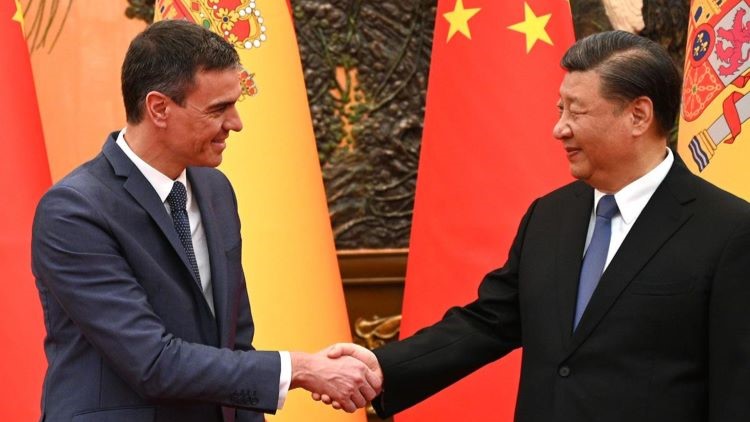The Diplomat
The Spanish Agency for International Development Cooperation (AECID) will allocate 15 million euros this year to finance humanitarian action carried out by non-governmental organizations (NGOs), which represents an increase of 25% over the 11.2 million euros of the previous year.
In addition, as published yesterday in the Official State Gazette (BOE) and announced this week by the AECID itself at a press conference, the grants include this year, among its geographical priorities, Moldova, to assist the Ukrainian refugee population, and Turkey, to respond to the needs of the population affected by the earthquakes of last February 6.
The call for applications, which opens today, is aimed at NGOs specialized in humanitarian action that have passed AECID’s qualification process and have a framework agreement with the European Commission’s Directorate General for Civil Protection and Humanitarian Aid Operations (DG ECHO). The call is also open to groups formed by the same NGOs and by local entities operating in the field and meeting the established legal requirements.
Through this funding instrument, AECID’s Humanitarian Action Office will finance humanitarian action interventions aimed at prevention, emergency response, attention to chronic crises, rehabilitation or early recovery of populations in situations immediately following natural or man-made disasters, and protection actions in favor of victims of conflicts or similar exceptional situations.
Specifically, AECID has established as priorities for this 2023 call for proposals protection interventions, water, sanitation and hygiene, health, food security and nutrition and education in emergencies in a total of 28 countries, including the Ukrainian refugee population in Moldova and their host communities and populations affected by earthquakes in Turkey and Syria.
Proposals must prioritize the most vulnerable people: minors, especially unaccompanied minors, women in vulnerable situations, victims of sexual violence, victims of gender violence, victims of human trafficking, refugees, internally displaced persons and other persons under the mandate of the UNHCR, people with functional diversity and elderly people. Likewise, all interventions must prioritize environmental protection and the fight against climate change.
Within the framework of feminist cooperation, for the third consecutive year, the call for proposals will give special priority to interventions that address the specific humanitarian needs of women and girls and that are aimed at advancing their empowerment and gender equality, reserving 25% of the total funds of the call for proposals (3.25 million euros) for this type of intervention.
On the other hand, not only is the budget increased in 2023 for this call, but also the ceiling for the amount of the proposals is increased to 800,000 euros, as well as the execution time, which increases from 18 months to two years.
In the 2022 call for proposals, around 600,000 euros (maximum amount foreseen) was awarded to each of the NGO projects. Some organizations, such as the Spanish Red Cross, Save the Children, Cáritas Española or Fundación Educación y Cooperación (EDUCO), received up to 1.2 million euros to finance two projects in each case. The grants went to activities in Salvador, Niger, Democratic Republic of Congo, Haiti, Colombia, Mexico, Venezuela, South Sudan, Lebanon, Palestine, Burkina Faso, Honduras, Mozambique, Syria, Mali, Somalia and Ethiopia (in these three cases, for specific gender equality interventions in humanitarian action).







